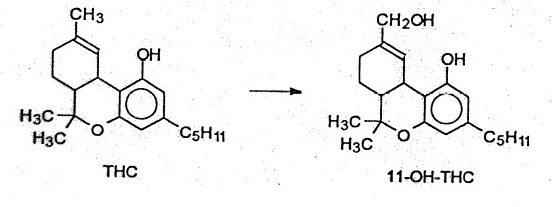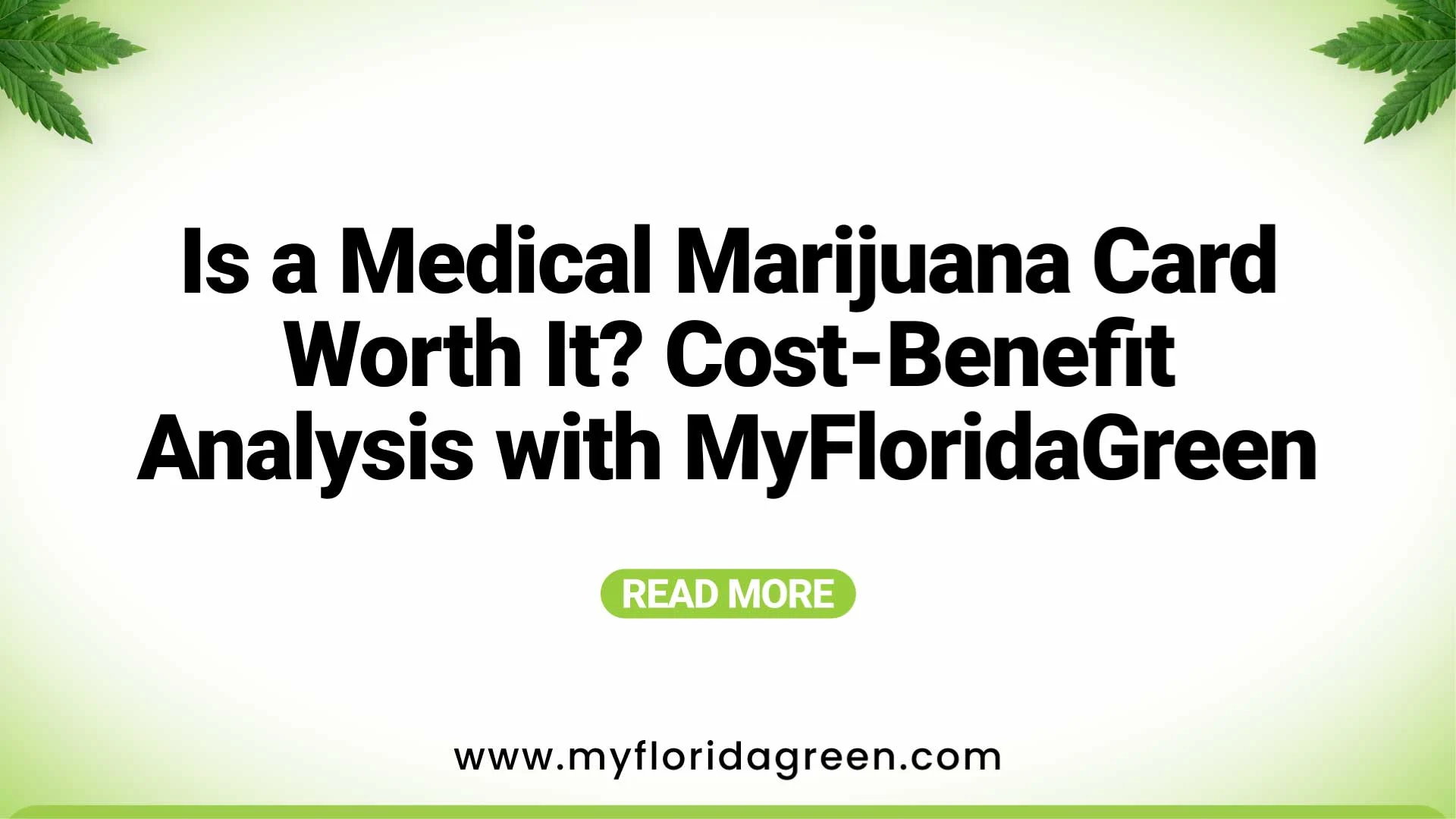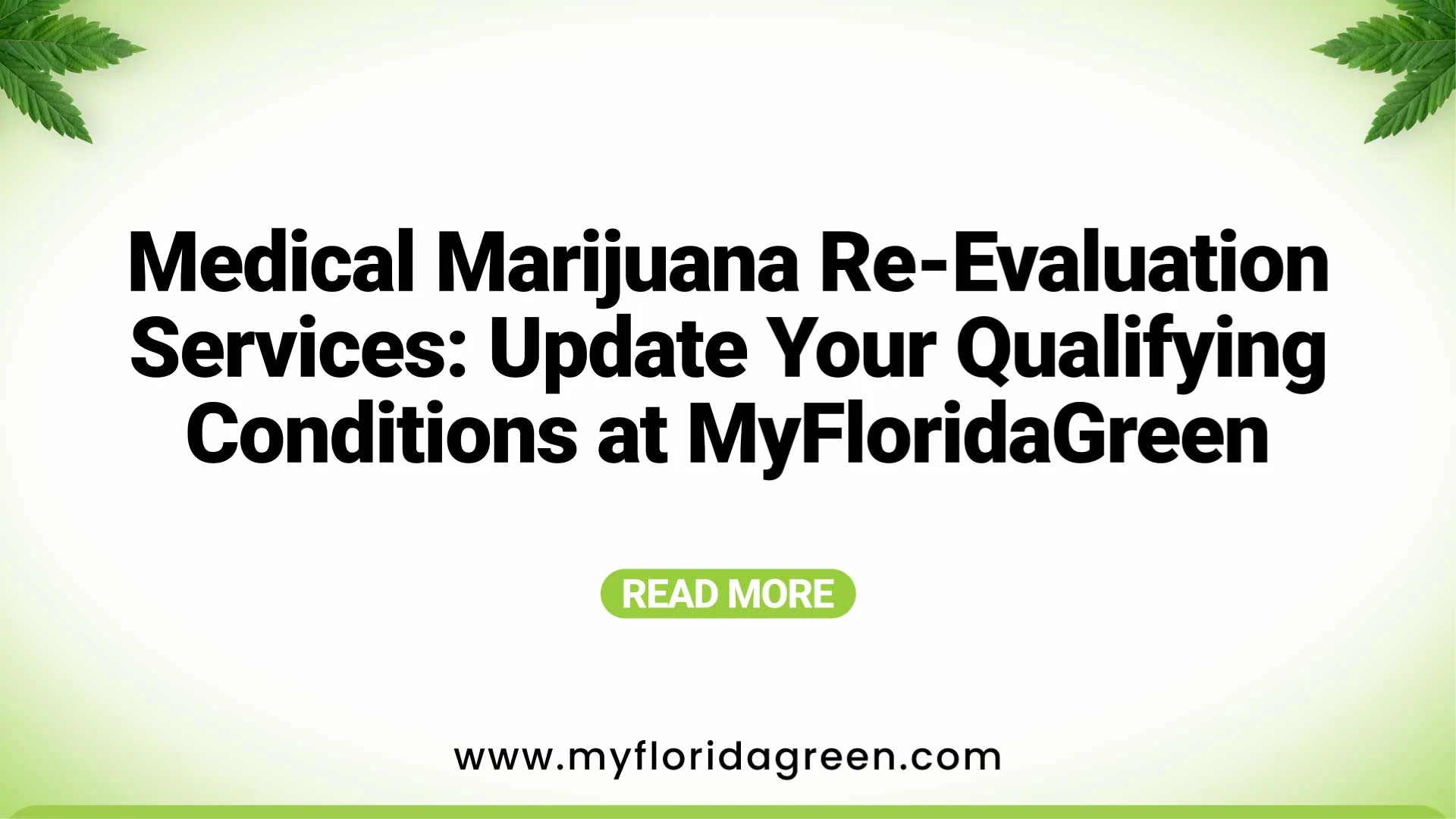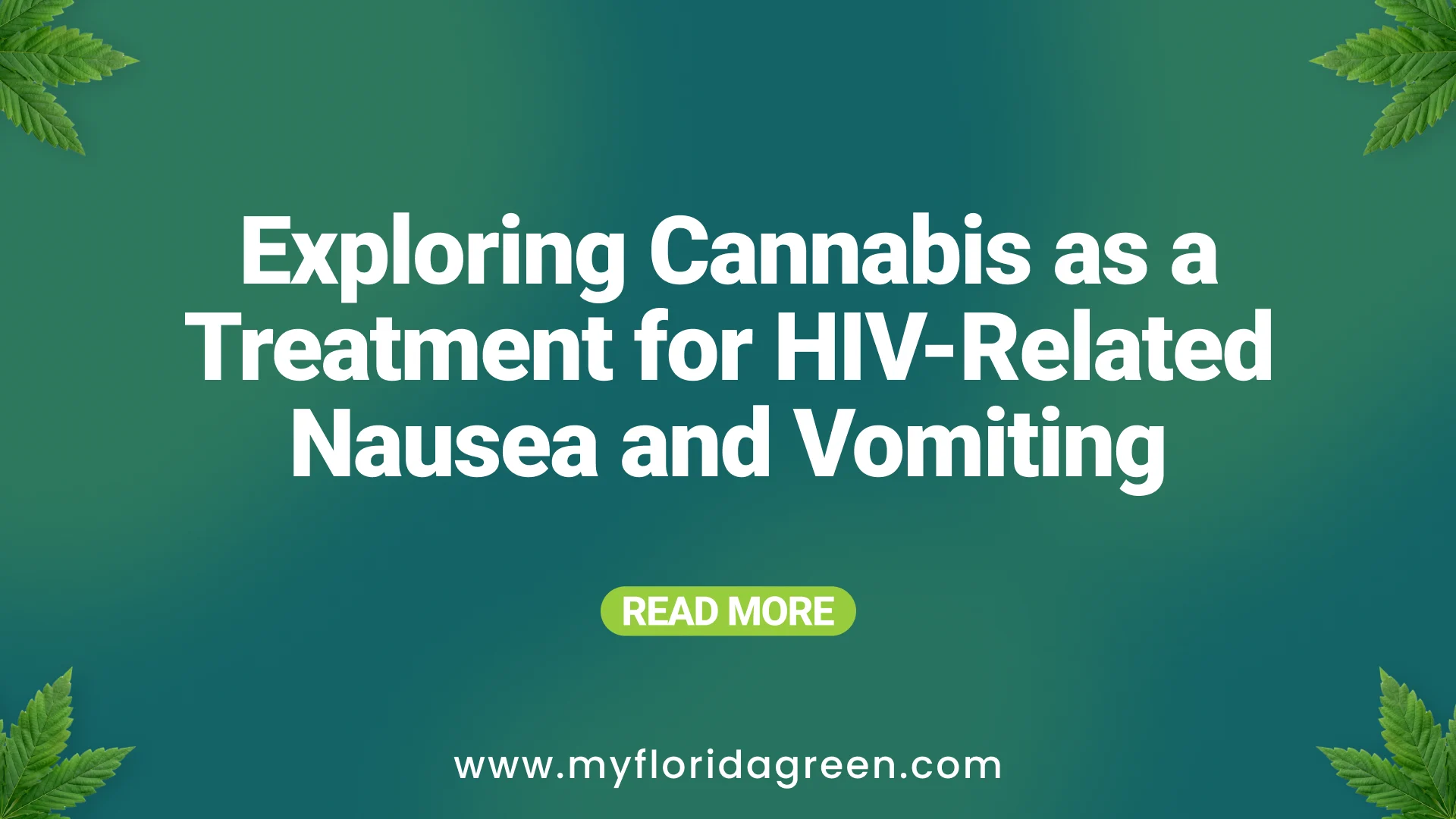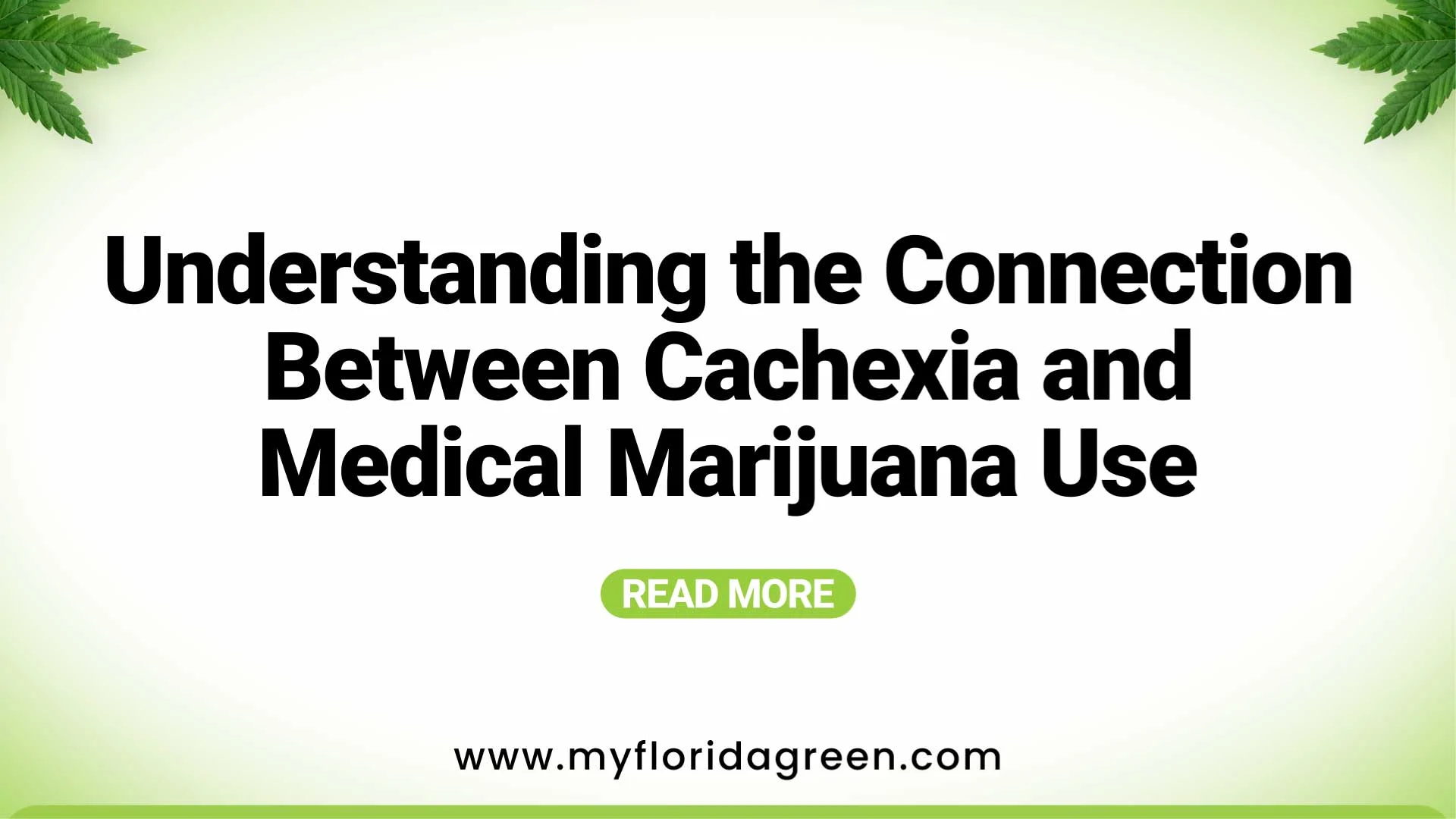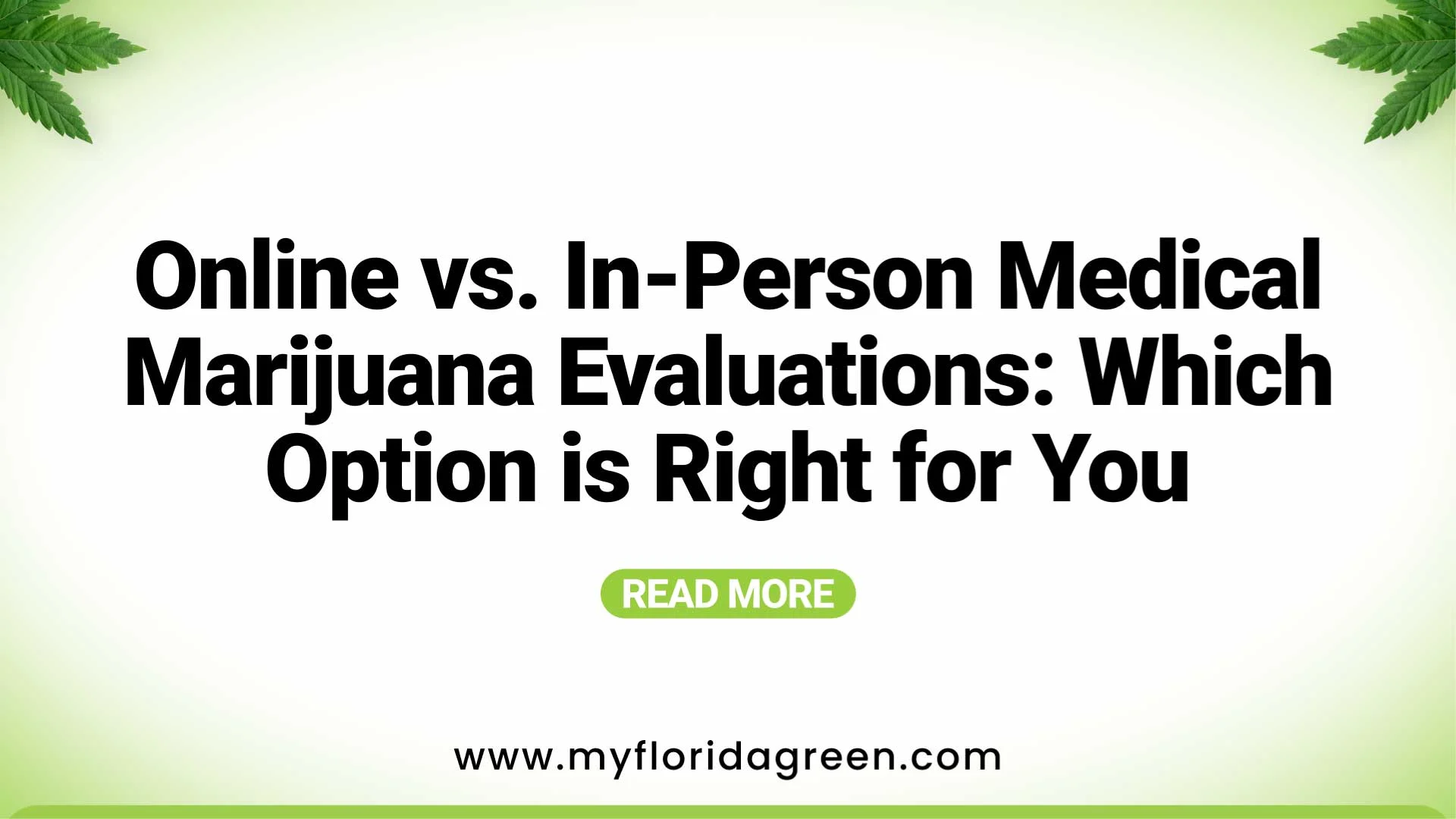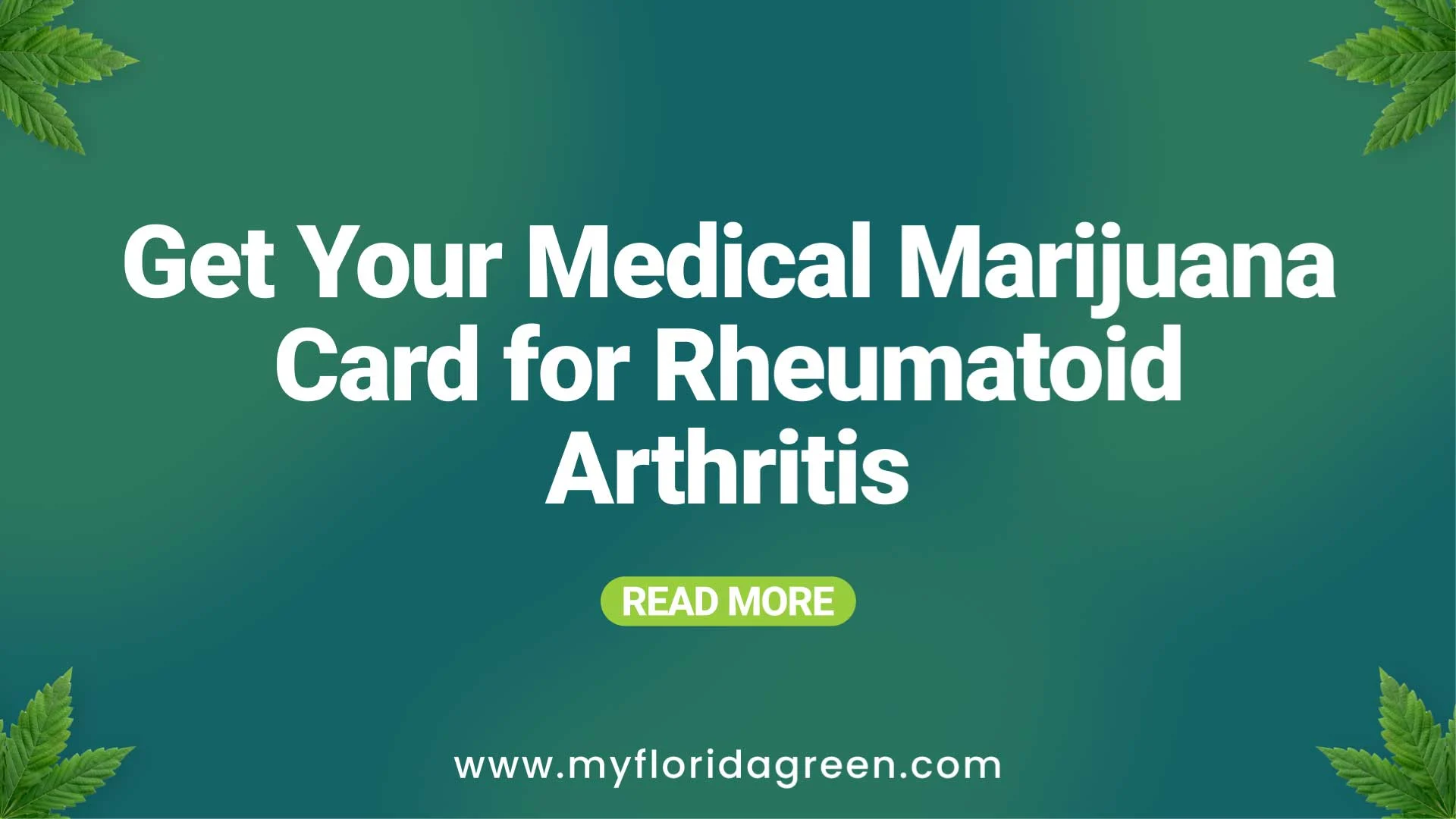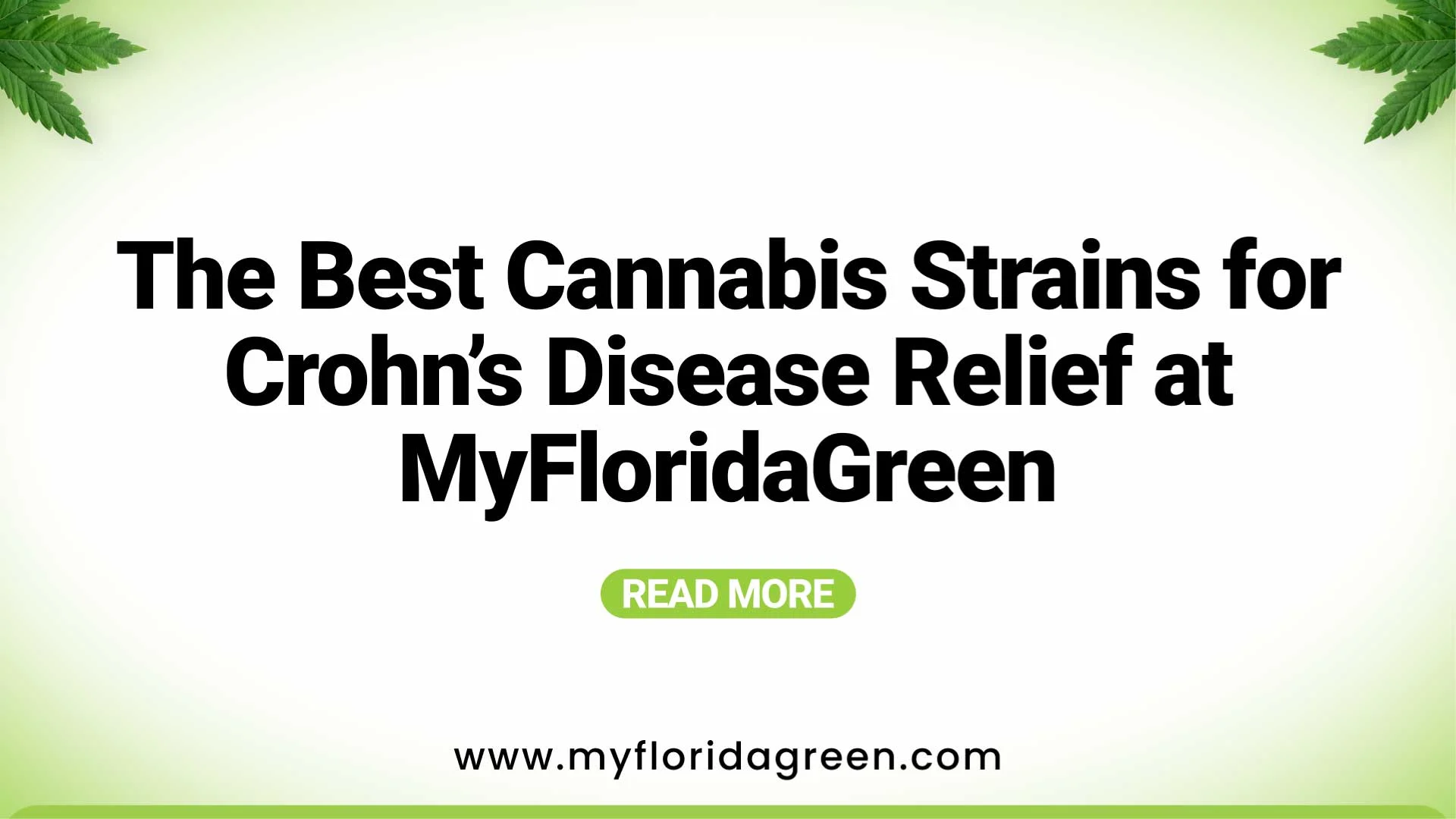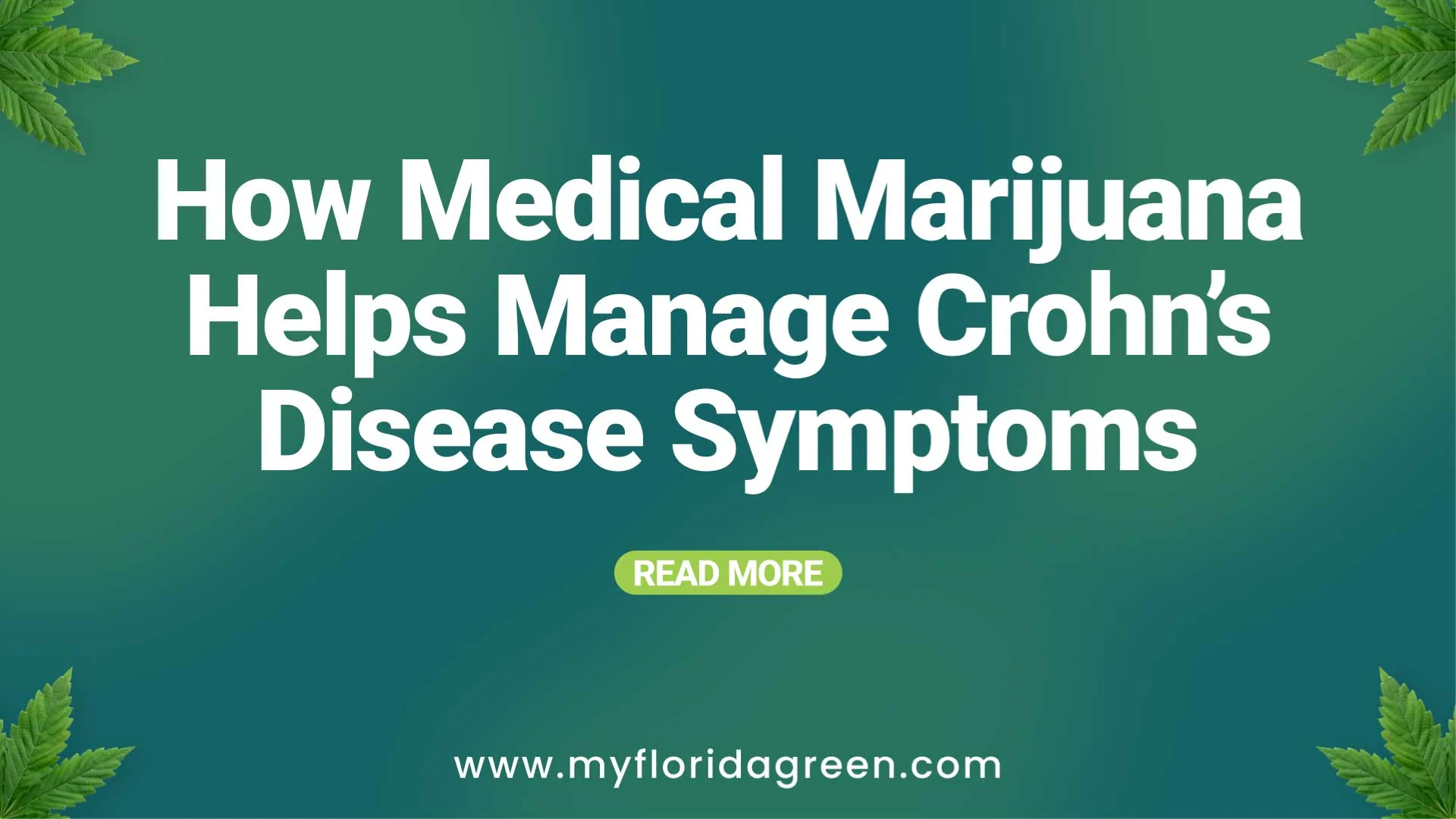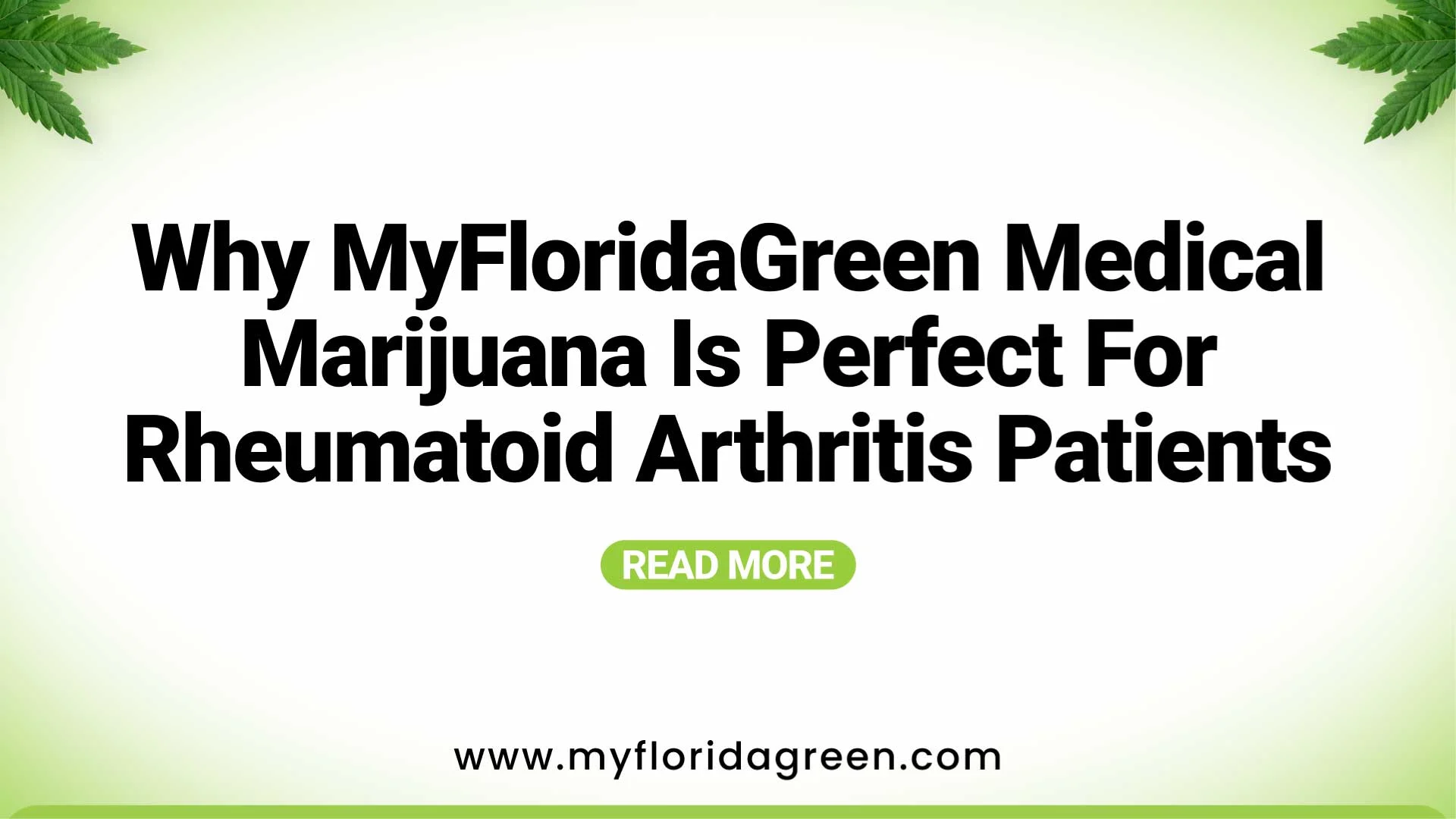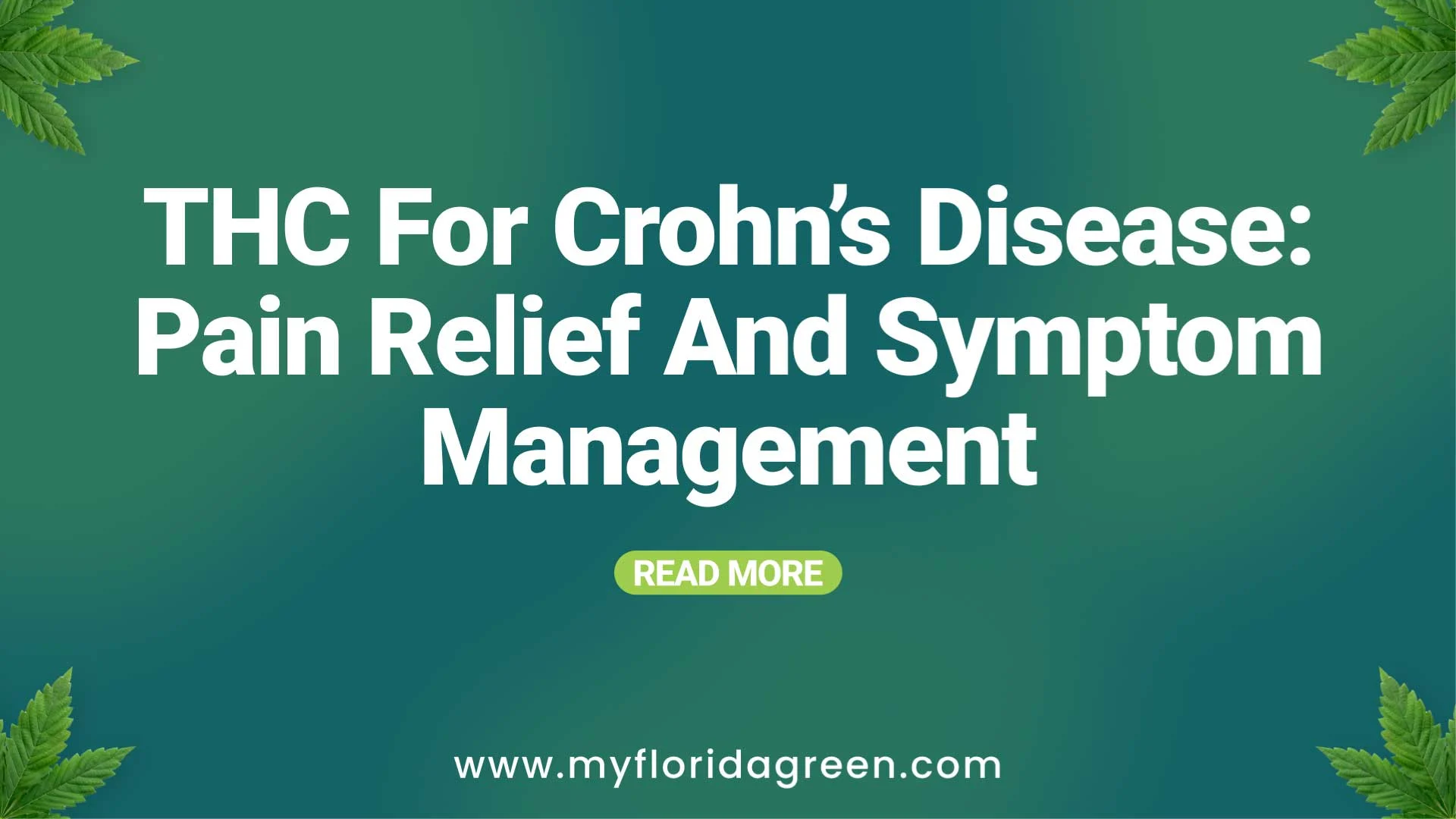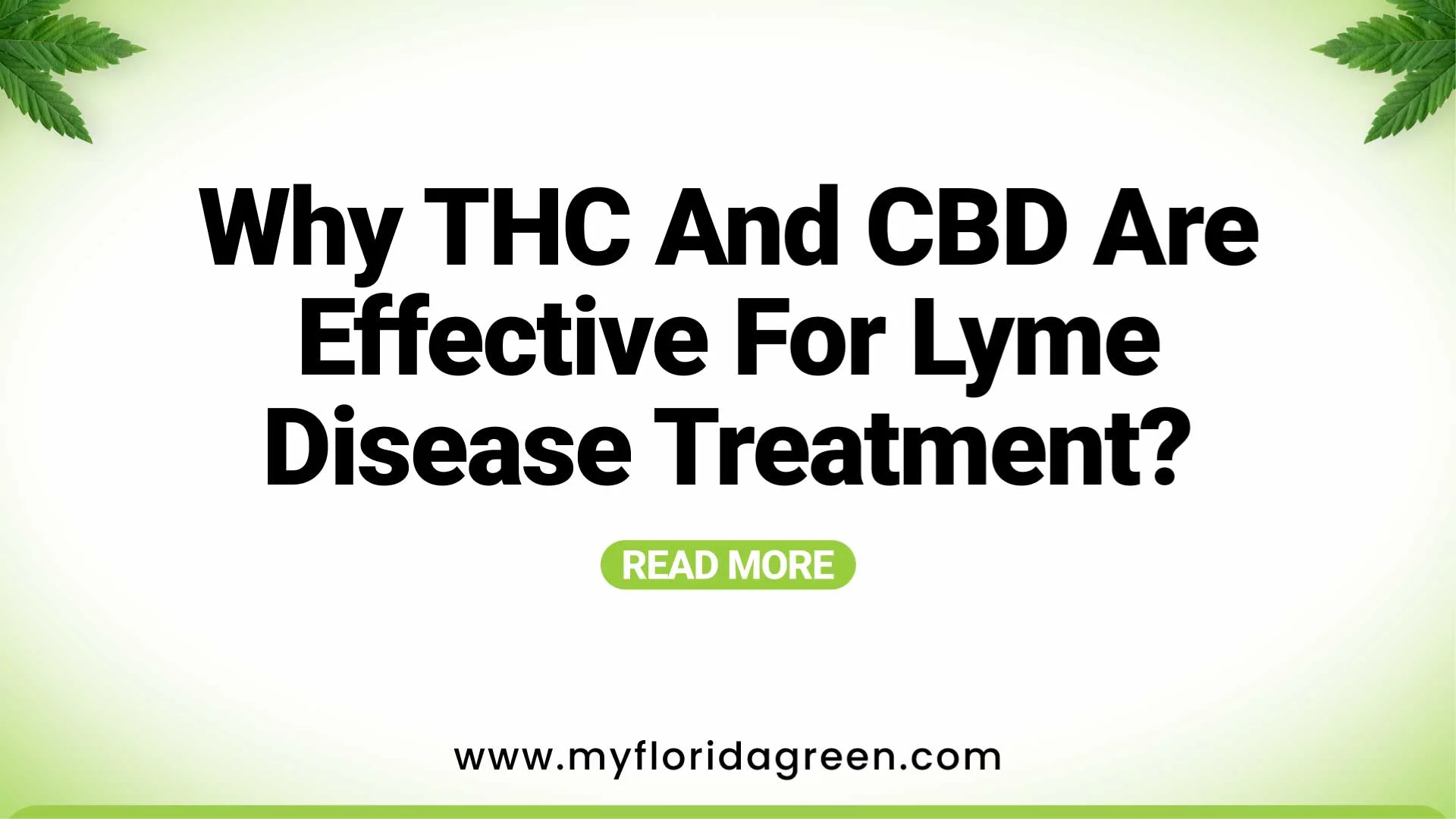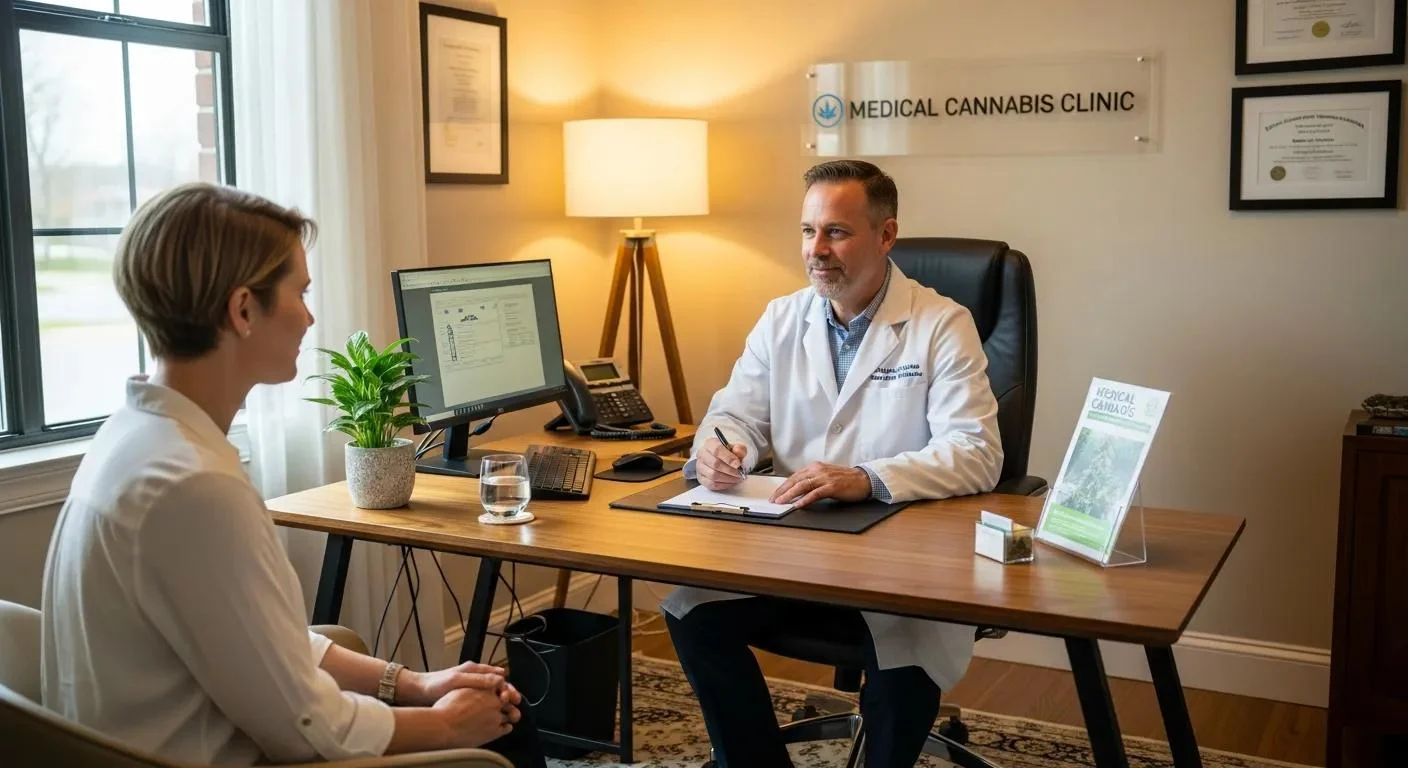MEDICAL MARIJUANA 101
WHAT ARE YOUR DELIVERY OPTIONS?
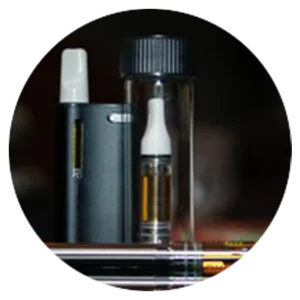
Inhalation
Duration: 30 Minutes – 2 Hours
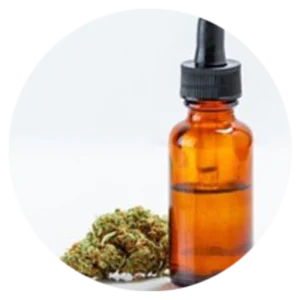
Sublingual
Onset: 30 Minutes
Duration: 4 – 6 Hours
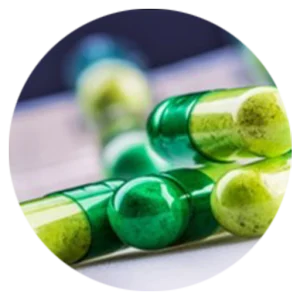
Capsules / Edibles
Onset: 60 – 90 Minutes
Duration: 10 – 15 Hours
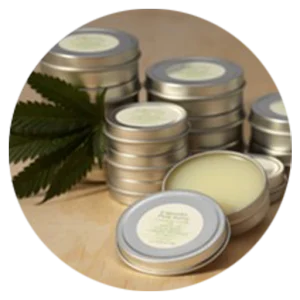
Topicals / Lotions
Onset: 30 – 60 Minutes
Duration: Local Relief
Here at My Florida Green, the majority of our patients are either new to cannabis (aka “medical marijuana”), or tried it many years ago. If you’re new to cannabis as plant medicine, or coming back “to the green team” after a while, things have changed!
No longer is this miraculous plant’s potential stymied by visions of drug dealers, jails, and criminals. International researchers and patient testimonials have proven that when used responsibly, the cannabis plant and its incredible cannabinoids can restore balance to the human nervous system, promote natural healing, and help keep us in homeostasis.
Depending on your condition, there are different options for how and what to dose. Patients can now easily choose between inhalation for quick relief, sublingual drops for precise, long lasting dosing, capsules for all day relief, and topicals for targeted treatment of local pain among other innovative methods that are released by different dispensaries.
The following article will help new patients, and those with more experience, to find relief.
Inhalation
For patients seeking rapid relief from physical or emotional pain, inhalation is an excellent choice. If you’re “vaping” a cannabis product, you’re inhaling a concentrated oil that’s heated by a battery coil–not smoke. Once inhaled, capillaries in your lungs trap the vapor and deliver it to your bloodstream instantly. Relief typically lasts up to two hours. Although a very popular choice, vaping cannabis should be viewed as a treatment for a current issue in need of rapid resolution, not as a preventative against other health challenges.
Smoking cannabis is another “inhalation” option and has been proven to be very effective. Although not as clean as vaping an oil, smoking delivers a broader array of cannabinoids to the body and many people find it more effective and natural than “vaping” oil. Interestingly, despite the perceived risks of inhaling smoke, recent studies published in the Journal of the American Medical Association have found there is not a connection between smoking the plant and lung cancer. In fact, THC and CBD have been proven to have significant anti-cancer effects.
Importantly, the psychoactive “high” produced in patients by inhaled cannabis is also quickly neutralized by CBD. This is especially important for patients seeking relief from anxiety. If you are suffering from PTSD, be careful with THC–especially sativa strain products. The high of THC can sometimes increase your symptoms. However if this happens, you can quickly find relief by taking a high quality CBD oil like RevitaOil. Finding the balance between your CBD and THC levels is where the magic of medical marijuana happens.
Finding your effective dose with a vape is very easy. Just take a small pull on the vape for 1-2 seconds, inhale normally, and exhale. Some minor coughing is possible, but don’t be alarmed. There’s no plant matter or burnt carbon in your lungs. Drink some water and you should feel fine. After your first puff, wait 5-10 minutes and see how you feel. If you’re comfortable with the level of psychoactivity and want more relief, try another pull for a couple seconds, and then wait to see how it affects you.
The only negative effect you may experience is feeling too high, if that happens, take a dose of CBD and you should quickly find any troublesome thoughts or feelings dissipating.
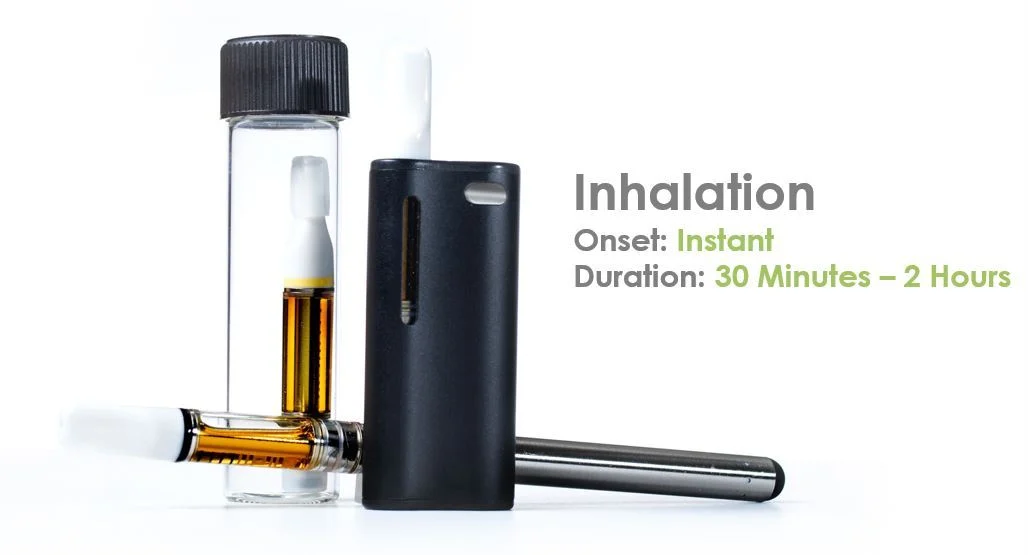
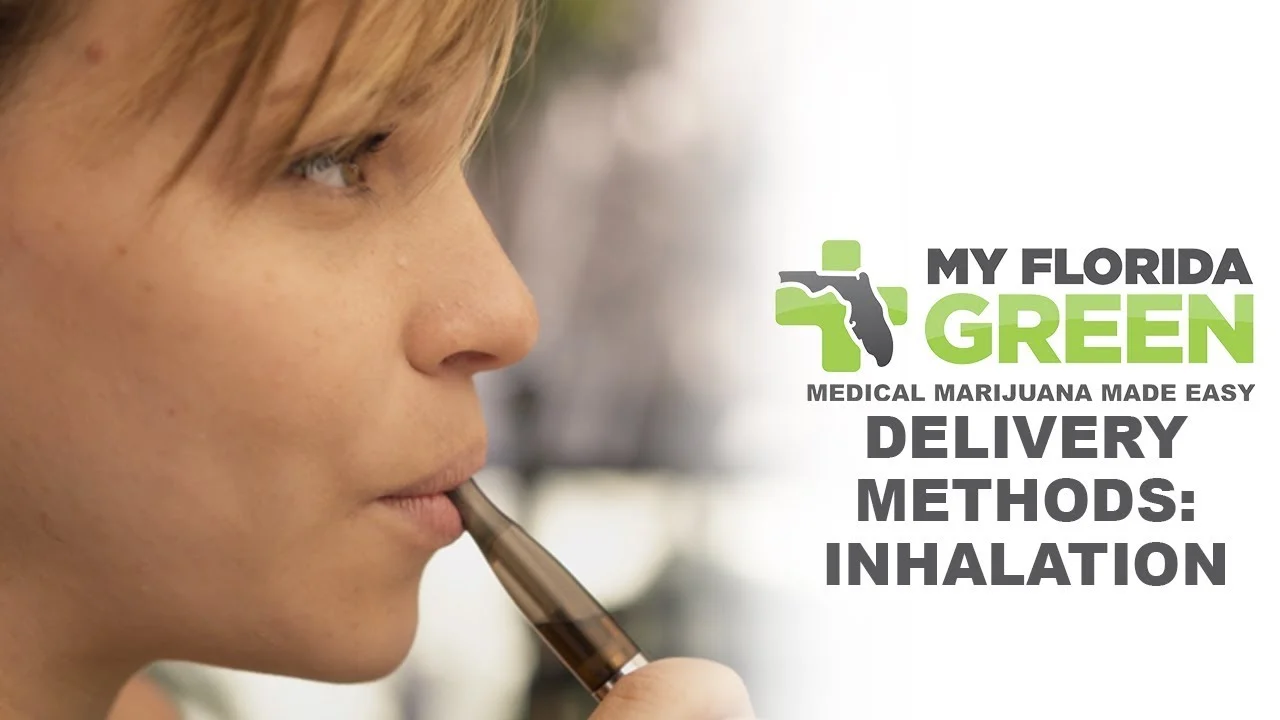
SUBLINGUAL DROPS
Sublingual drops are a recommended delivery method for novices and experienced patients alike. They are easy to dose precisely, have an extended relief period compared to inhalation, and can be neutralized by CBD.
Indica strain sublingual drops are especially valuable to patients seeking better sleep as they last up to 6 hours and can help patients get a full night of rest, without feeling groggy in the morning. They’re versatile and can also be used topically on local pain.
Compared to inhalation, sublingual drops are also more restorative to the endocannabinoid system and can help balance your body long term vs. the quick relief offered by inhalation.
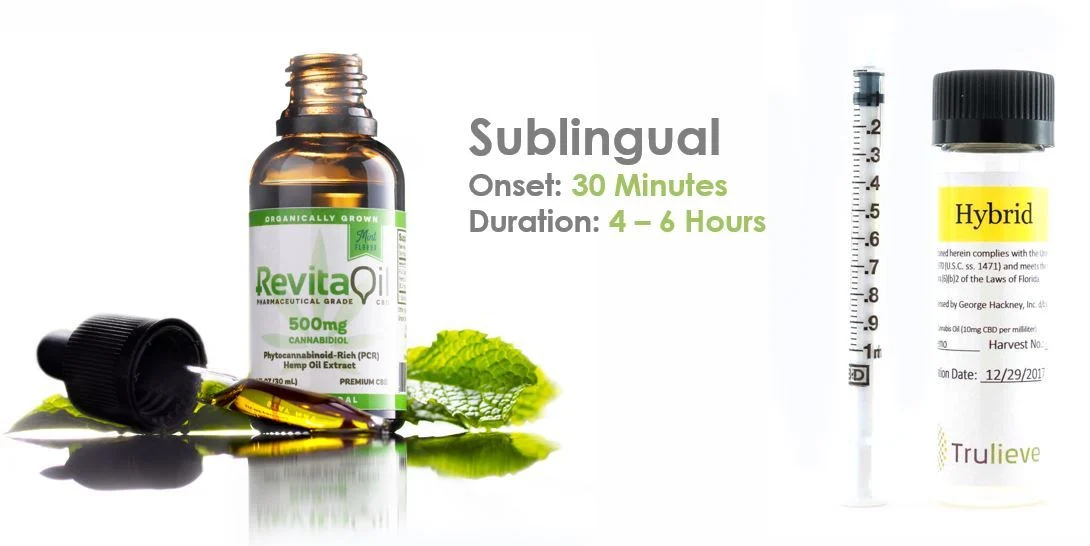
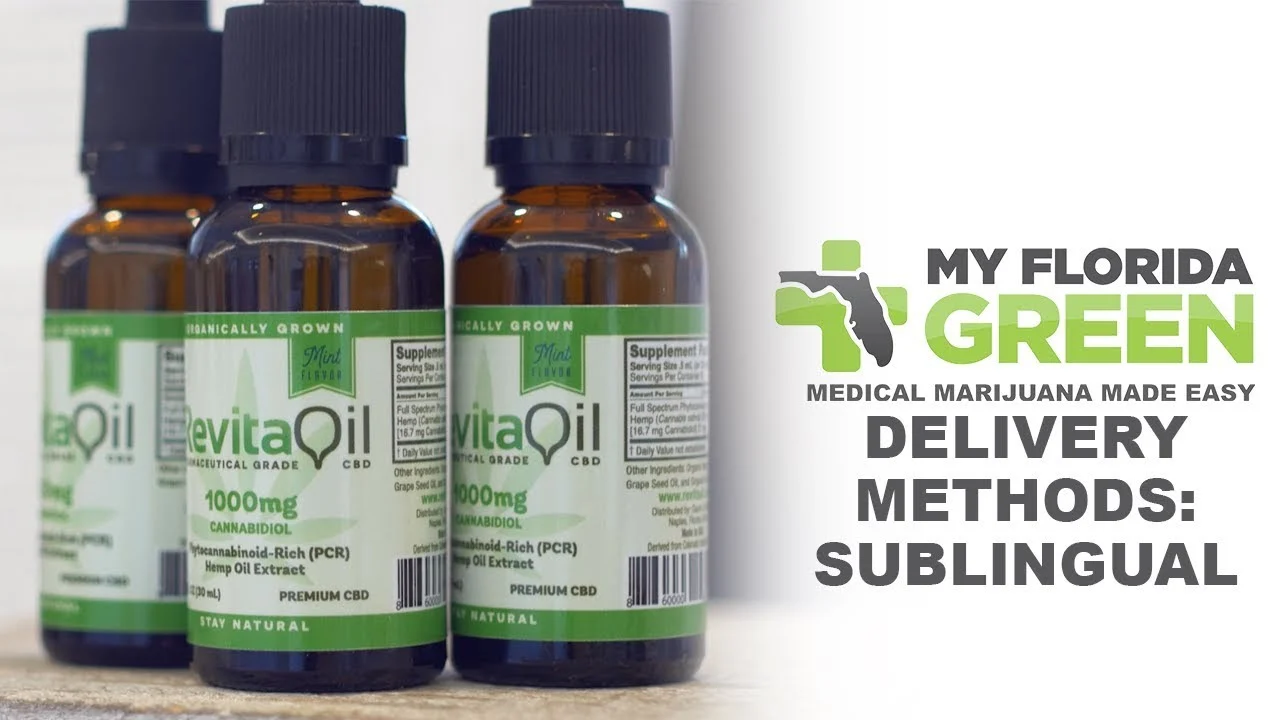
CAPSULES / EDIBLES
Capsules are often the choice for patients suffering severe chronic pain. They are very long lasting, with 10-15+ hours of relief, and are more potent that other delivery methods. This is because when THC is digested by the liver, it is metabolized into a different form of THC, known as 11-Hydroxy-THC. This metabolite of THC can be 3-5x more psychoactive than “regular” THC! That’s great news if you’re in pain, but be cautious!
Ingested THC, once converted to 11-Hydroxy-THC, is not neutralized by CBD. This means that once you’re on the ride, you’re on it until the effects wear off. For some patients that can be a blessing, for others it can be a stressful nightmare. So, be cautious and find your dose with sublingual drops first. If you know that 10 mg of sublingual delivers desirable effects, you should find that a 10 mg capsule is an effective dose. Just plan ahead so you can safely and peacefully experiment.
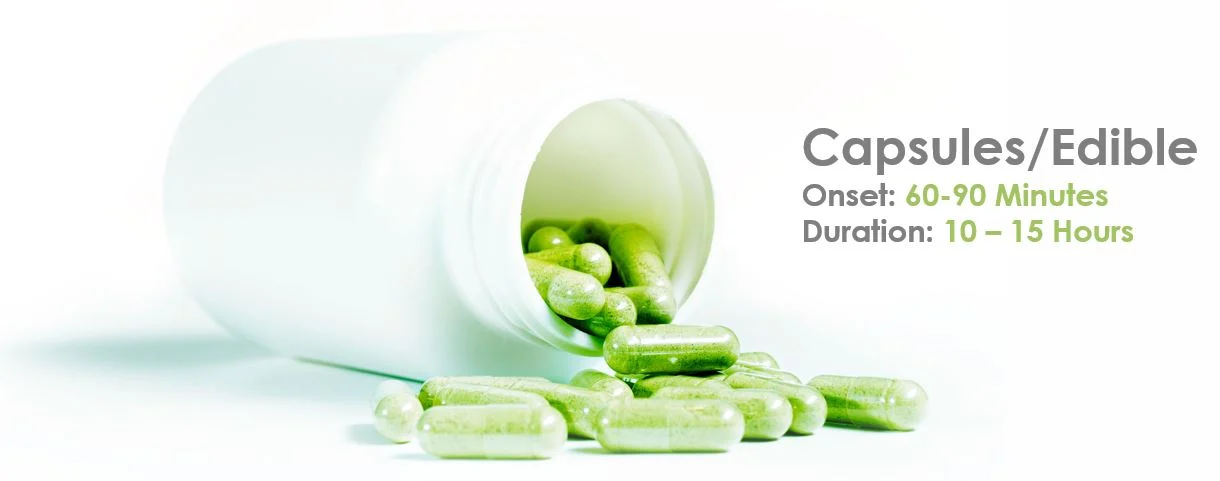
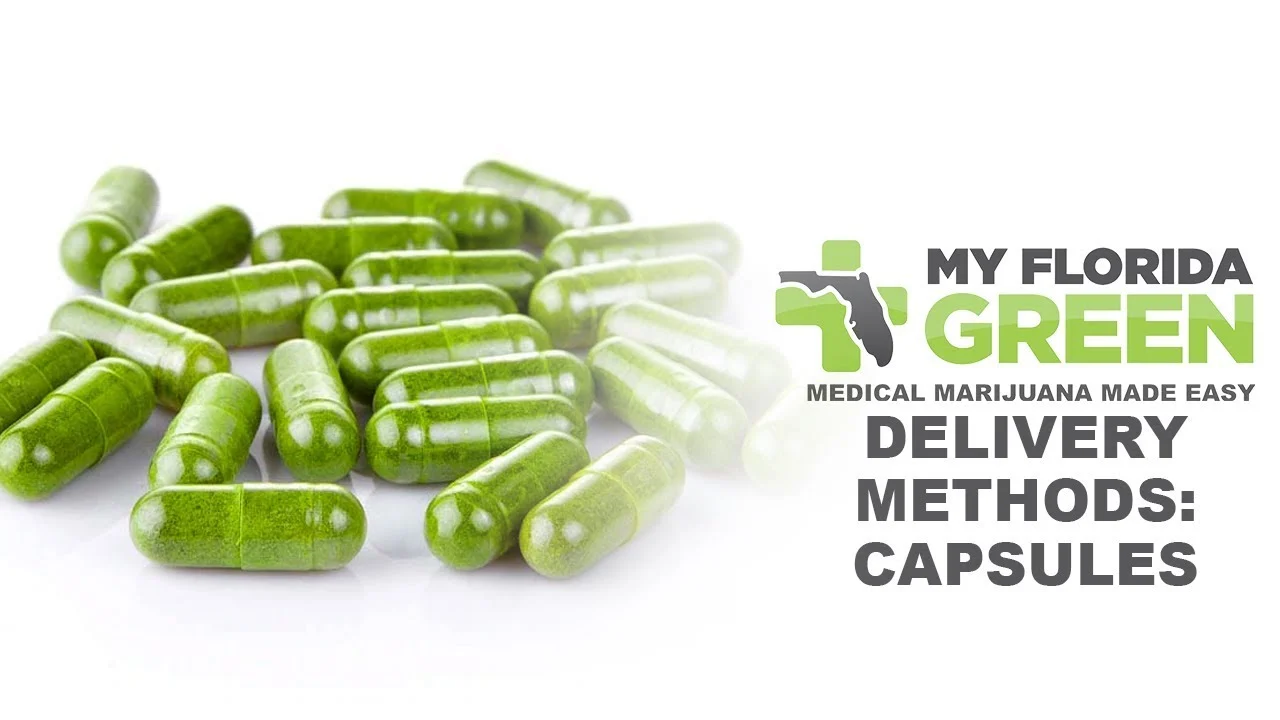
TOPICALS / LOTIONS
Topical THC is applied to the skin in creams, lotions, or massage oils and has been proven to be effective as a local treatment for arthritis, migraine headaches, sore muscles and more.
Relief varies between 30 minutes and 3 hours, but results are often significant and fast acting.
When combined with vape, oral, or capsule delivery methods, patients are consistently able to find great results.
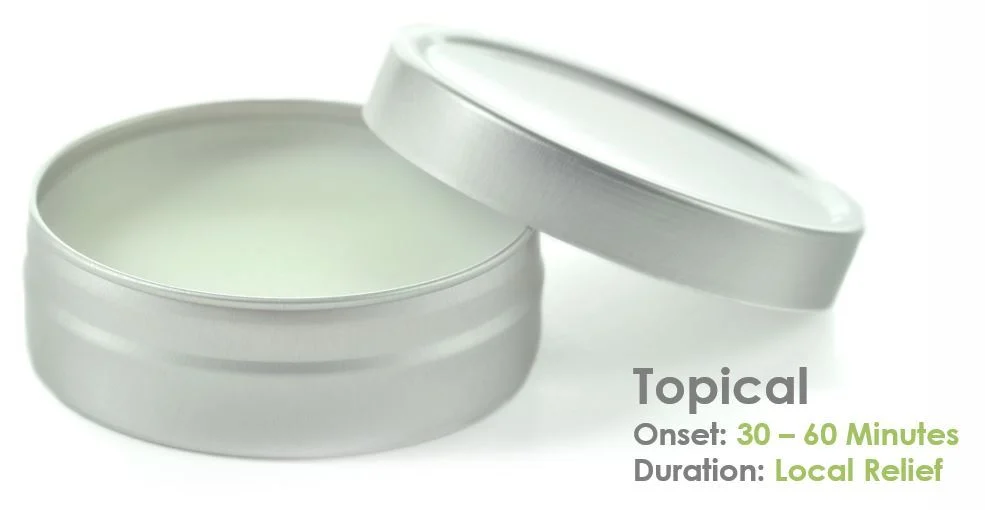
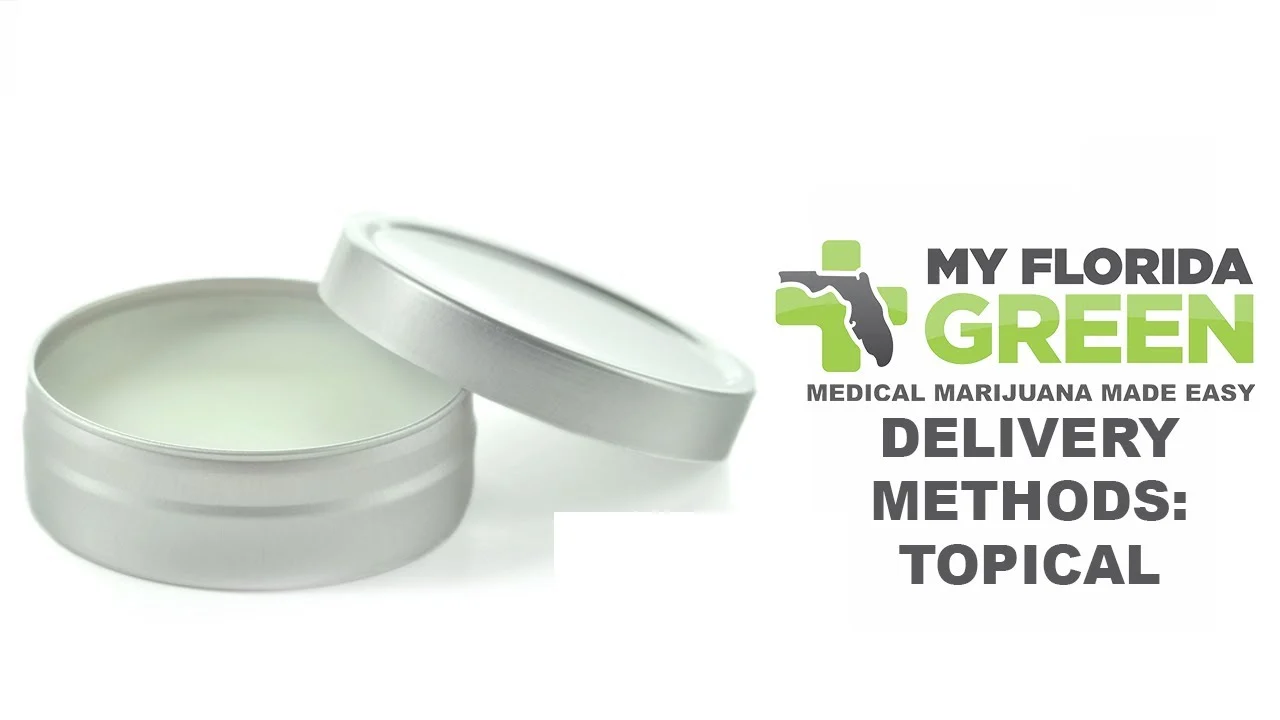
CBD/THC DELIVERY METHODS, DOSING & STRAINS
There are hundreds of cannabinoids in the Cannabis plant that have medicinal properties. The two most important are THC, tetra-hydro-cannabinol, and CBD, cannabidiol. Each has distinct benefits and purposes in a Medical Cannabis treatment protocol.While THC is helpful for many conditions, it is most frequently utilized by patients in need of relief from chronic pain, insomnia, and depression. When the proper strain and dose is chosen, it can elevate mood, reduce pain, and provide deep, restful sleep.Since THC is absorbed by the “CB1” endocannabinoid receptors in the brain, it can induce psychoactive “high” effects. These effects, combined with fear-mongering and propaganda, have made many people nervous about trying it.Thankfully the miraculous cannabis plant also contains CBD which can neutralize the mental “psychoactivity” of THC while still delivering physical relief. CBD also consistently eliminates anxiety, reduces inflammation, helps regulate blood pressure, and stabilizes blood sugar, while acting as a potent antioxidant.
For patients seeking to get “healed not high,” CBD is the heart of their Medical Cannabis protocol. By ingesting moderate to high doses of CBD, along with low to moderate does of THC, patients consistently find relief from their debilitating health conditions.When we discuss these merits of CBD with skeptics we often hear, “OK, but where is the FDA-approved double-blind studies?!” Good question! Skeptics are often surprised to find out that there are thousands of studies that support the medicinal value of CBD! As of March, 2019, there are 2,303 published articles listed in the US National Library of Medicine. Two-thousand-three-hundred-and-three!
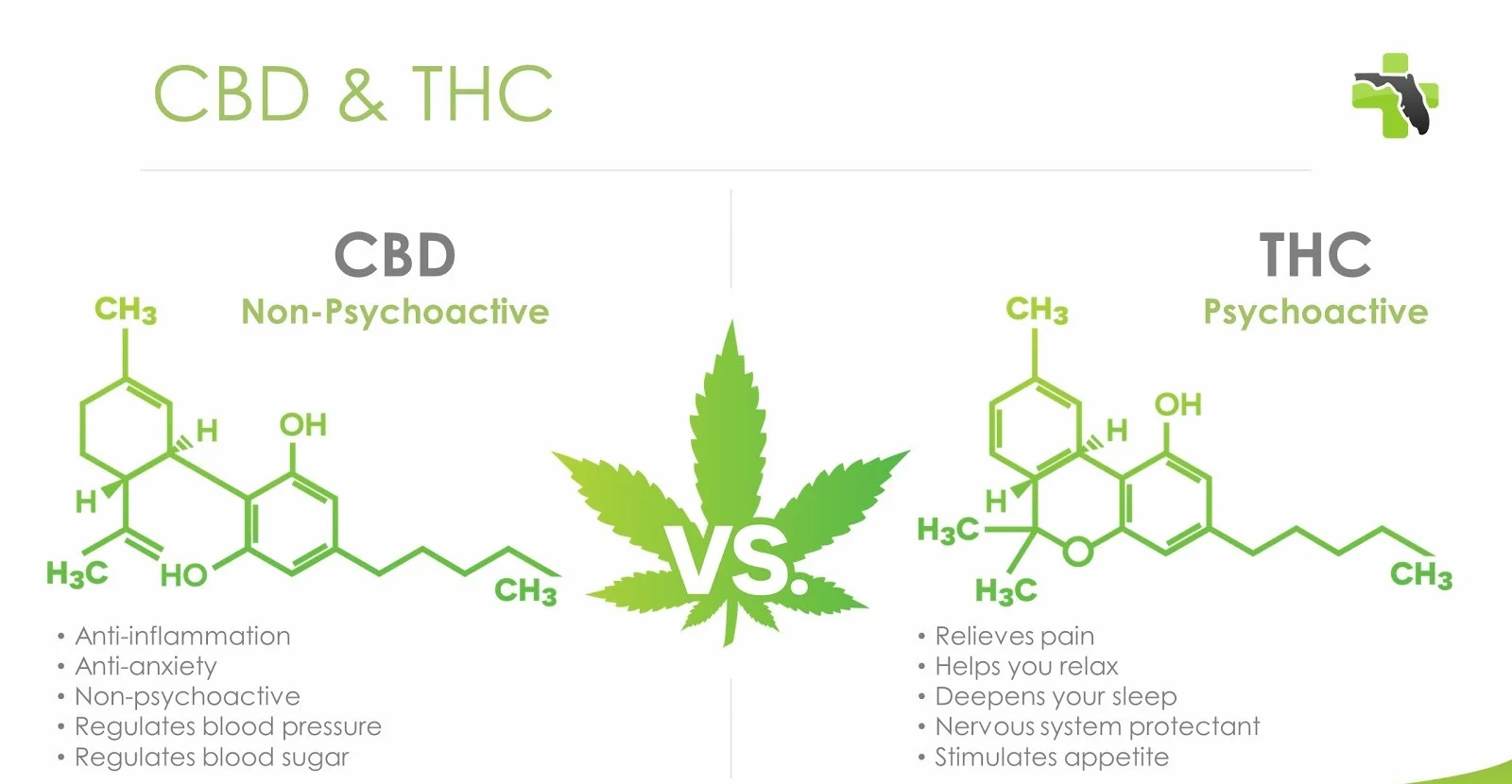
HOW TO FIND THE RIGHT CBD
CBD’s unique healing benefits have led to some great products and companies coming to market. Unfortunately, there are far more being sold with deceptive sales tactics, false advertising, and toxic ingredients. We urge anyone considering taking CBD to check three critical boxes: it should taste good, be full-spectrum, and lab-certified as organic.At our Medical Marijuana Certification Centers across Florida, we’ve seen (and unfortunately tasted!) countless different CBD oils. As you may already know, most of these products taste awful, are ineffective, and come from unknown sources.These poor tasting products are usually distilled on cheap lab equipment that leaves chlorophyll and other plant matter in the oil. It quickly decomposes and leaves a pungent rotten grass taste. Premium oils should have a pleasant taste and natural hemp flavor.We also know from your first-hand testimonies, that most CBD oils are not very effective. This is because they are usually an “isolate” CBD oil. Isolate CBD is usually marketed as “99.99% pure” to trick people into thinking they’re purchasing quality. While it may be true that the CBD they’re ingesting is pure, CBD isolate can never be as effective as a “full-spectrum” CBD oil. Isolate CBD is also usually from toxic farms in China, processed by industrial distillation factories, and shipped across the world to naive consumers.Full-spectrum CBD oils contain multiple cannabinoids and aid natural healing by activating the human endocannabinoid system with the “entourage effect.” A good analogy for this effect is music. Hearing one key repeatedly struck on a keyboard is not music–it’s just annoying sound. But if we hear a piano concerto by Mozart, we are moved and enchanted by the beautiful sound.
The same is true for cannabinoids. Our bodies crave and respond best to multiple cannabinoids at once. Isolates cannot deliver the effects of full-spectrum products. If you’re lucky and you do notice an effect from isolate CBD, it’s usually short-lived. Isolate products are known to build tolerances and lose their effects quickly.Unfortunately, CBD products that are sold without lab test results cannot be trusted as safe. Even if the source of the oil is organic, it may be mixed with cheap fillers and other toxic ingredients. A premium CBD will provide you with test results for every individual batch–not just the base oil.My Florida Green’s recommended CBD is RevitaOil. It is trusted by thousands of patients and clients across the country. Multiple 3rd party labs test every batch as pure, safe, and effective. RevitaOil’s hemp is grown on a small organic farm in Colorado Springs, is distilled using the latest laboratory equipment, and always publishes the latest test results online.
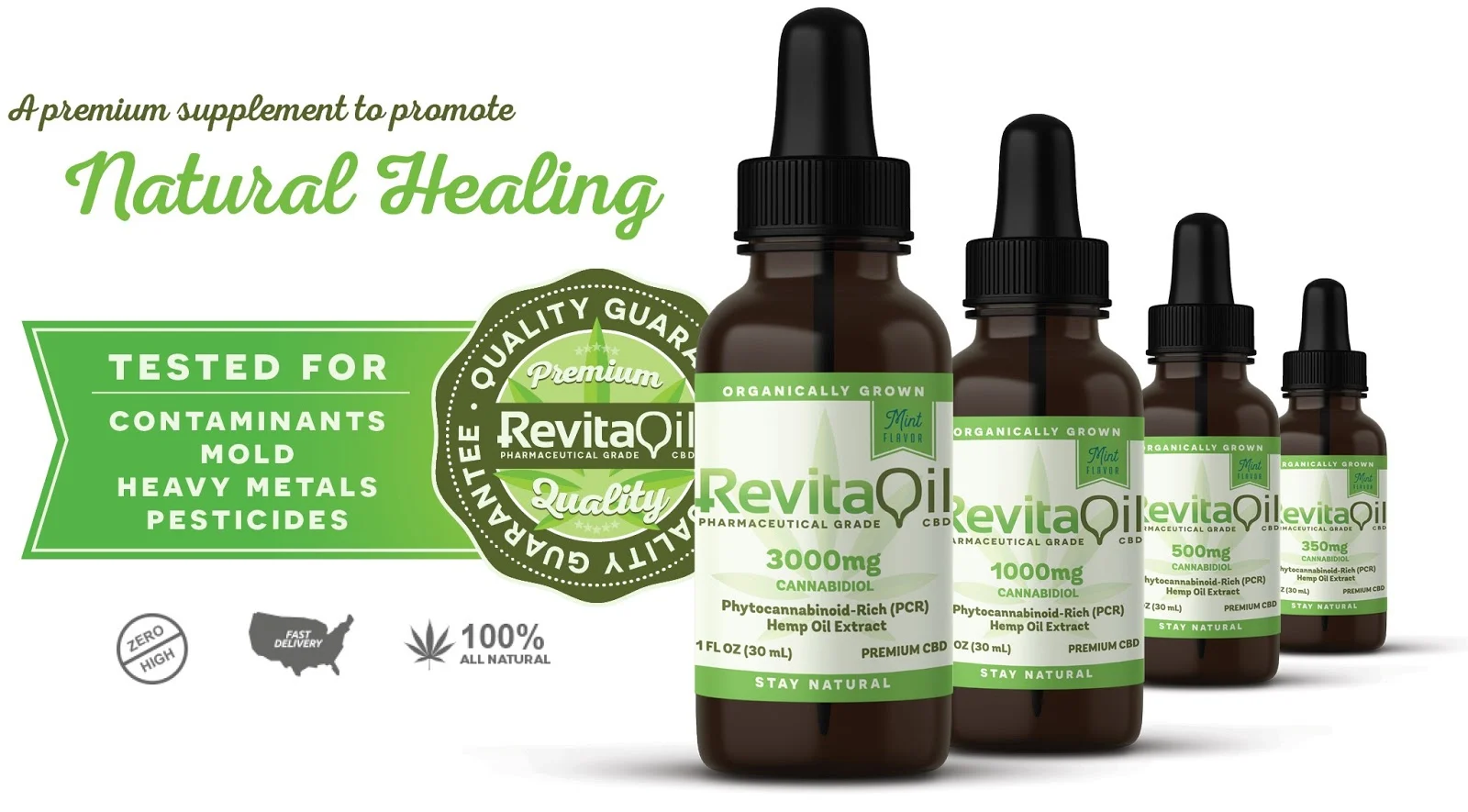
INDICA VS. SATIVA: DIFFERENT STRAINS FOR DIFFERENT PAINS
In the medical cannabis world, there’s a lot of effort being invested in helping patients identify the exact cannabinoid profile, milligram, and strain that should work for their condition. Some researchers are even suggesting that genetic testing be done to match strains and cannabinoid profiles to patients and conditions!While we applaud these efforts and are optimistic about the future of cannabis science, after working with thousands of medical cannabis patients, we know something important: these efforts are often a waste of time!Patients may encounter certain dispensaries that believe choosing your products based on Sativa or Indica strains is no longer viable due to the cross breeding or “hybridizing” of strains. In our experience, despite some variability, we’ve found that the effects most patients experience from an Indica or Sativa strain to be consistent about 95% of the time.In rare cases, patients find Indicas to be stimulating, and Sativas sedating. If you’re one of these rare people, just flip the common suggestion and enjoy the results!Regarding dosing, some suggest a specific “milligram per X pounds of body weight” model. While this may be effective some of the time, the advice we’ve seen deliver the most consistent results is simpler: “start low and go slow.”Case in point: we have some patients who are barely over 100 lbs and require 100-200 mg+ of THC to find pain relief, while some 250 lb+ men can barely handle 10 mg! These differences in tolerance throws any body weight calculations out the window.Another rare example: a multiple sclerosis patient in her 60’s who took a 1:1 capsule one day and got great results, the next day, she experienced a more significant high. While this is uncommon, it’s not unheard of and is “cause for pause” for anyone seeking a scientific “prescription” for their Medical Cannabis needs (it also shows why we’re very cautious with capsules for new patients!).
When utilizing a “start low, and go slow” methodology patients can “micro-dose” THC via vape or sublingual and utilize CBD as a “brake pedal” to safely neutralize the high effects of THC. With this program, patients can safely experiment to find the best dose, strain, and products for their needs.That said, everyone is different, and safely experimenting with different strains and dispensaries while balancing psychoactivity with CBD is the best path for most people. So shop around and medicate responsibly.

FINDING “ THE MINIMUM EFFECTIVE DOSE”
In a study published in The Journal of Pain with opiate-treated cancer patients, three groups were given three different amounts of THC and CBD: 21 mg per day, 52 mg per day, and 83 mg per day, respectively.The results may surprise you! The group that received 21 mg of THC experienced significant improvements in pain levels, more so than the 52 mg group. Even more interestingly, the group that received 83 mg daily got the worst results!How could that be possible? We’re just barely coming to understand the endocannabinoid system and how it maintains balance in our bodies. Recent studies have shown that at high doses, the receptors that pull the cannabinoids into our bodies can actually invert themselves and retreat into cells–preventing any new THC from taking effect. When this happens the effects of cannabis naturally decline.This “micro-dosing” approach recommends dosages that are below the “perceptual level” and can’t be noticed consciously, but can help cells restore homeostasis and unlock significant benefits.
These doses typically range from 1-5 mg and patients frequently report benefits that include better mood, reduced anxiety, improved focus, enhanced resilience to stress, less pain, and other benefits–all without overwhelming feelings of “psychoactivity.”When balanced with CBD, these “microdoses” are often able to deliver significant results without the fears of “getting high” coming anywhere close to true.
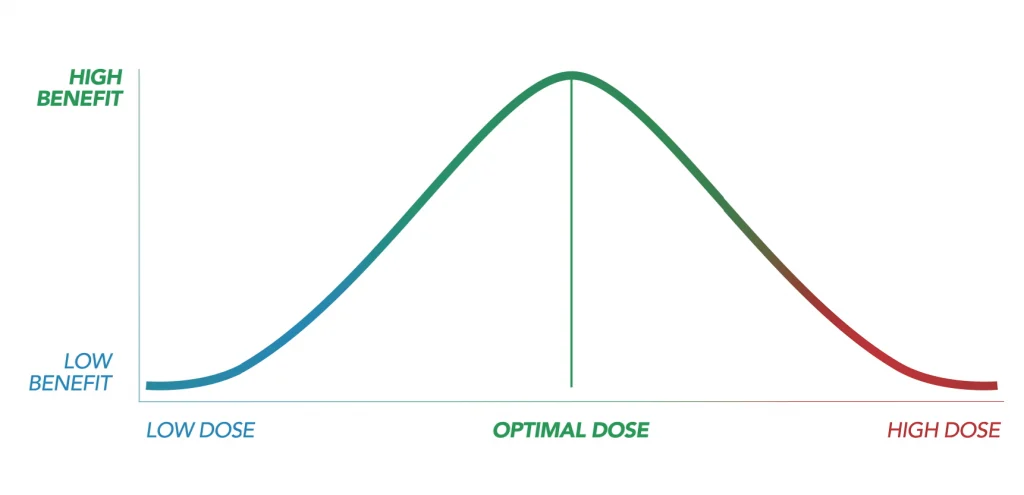
This is a recommendation, not a prescription. There is no scientific data regarding specific dosing. We are only providing you with the maximum dose per day. Start low and slowly increase your dose to avoid adverse reactions.
SEE SUMMARY OF THESE CONCEPTS FROM ONE OF OUR LIVE EDUCATIONAL EVENTS

PEER-REVIEWED STUDY REFERENCES
1. CANNABIDIOL, A NON-PSYCHOTROPIC PLANT-DERIVED CANNABINOID, DECREASES INFLAMMATION
Cannabidiol, a non-psychotropic cannabinoid component of marijuana (Cannabis Sativa), has potent immunosuppressive and anti-inflammatory properties. SOURCE
7. IS CANNABIDIOL THE IDEAL DRUG TO TREAT NON-MOTOR PARKINSON’S DISEASE SYMPTOMS?
We found seven preclinical models of PD using CBD, with six studies showing a neuroprotective effect of CBD.
CBD was well tolerated, and all three studies reported significant therapeutic effects in non-motor symptoms (psychosis, rapid eye movement sleep behaviour disorder, daily activities, and stigma). SOURCE
2. CANNABIDIOL AS A POTENTIAL TREATMENT FOR PSYCHOSIS
CBD may have antipsychotic properties. Evidence from several research domains suggests that CBD shows potential for antipsychotic treatment. SOURCE
8. CANNABINOIDS AND BONE REGENERATION.
Cannabinoid system has been shown to have positive effects on bone metabolism. Cannabinoids at bone level mainly act on two receptors called CB-1 and CB-2 Endocannabinoids represented by anandamide and 2-arachidonoylglycerol, can stimulate osteoblast formation, bone formation and osteoclast activity. SOURCE
3. INHIBITION OF COLON CARCINOGENESIS BY A STANDARDIZED CANNABIS SATIVA EXTRACT WITH HIGH CONTENT OF CANNABIDIOL.
Cannabis-based medicines are useful adjunctive treatments in cancer patients.
CBD BDS attenuates colon carcinogenesis and inhibits colorectal cancer cell proliferation via CB1 and CB2 receptor activation. The results may have some clinical relevance for the use of Cannabis-based medicines in cancer patients. SOURCE
9. CANNABIDIOL FOR THE TREATMENT OF PSYCHOSIS IN PARKINSON’S DISEASE
All patients received CBD in flexible dose (started with an oral dose of 150 mg/day) for 4 weeks, in addition to their usual therapy. The psychotic symptoms evaluated by the Brief Psychiatric Rating Scale and the Parkinson Psychosis Questionnaire showed a significant decrease under CBD treatment. CBD did not worsen the motor function and decreased the total scores of the Unified Parkinson’s Disease Rating Scale.
No adverse effect was observed during the treatment. These preliminary data suggest that CBD may be effective, safe and well tolerated for the treatment of the psychosis in PD. SOURCE
4. CANNABIDIOL MODULATES THE EXPRESSION OF NEUROINFLAMMATORY FACTORS IN STRESS
Cannabidiol (CBD) is a nonpsychoactive cannabinoid that has powerful anti-inflammatory and immunosuppressive properties. SOURCE
10. CANNABIDIOL SELECTIVELY INHIBITS INFLAMMATORY HYPERMOTILITY IN MICE.
Summary: Cannabidiol is a Cannabis-derived non-psychotropic compound that exerts a plethora of pharmacological actions, including anti-inflammatory, neuroprotective and antitumour effects, with potential therapeutic interest.
As mentioned in the title of this article, when you think of THC, think of treatment for a current issue. For CBD, think prevention. CBD’s ability to reduce inflammation, ease anxiety, and promote homeostasis makes it a veritable miracle molecule with a nearly endless list of potential benefits. SOURCE
5. CANNABIDIOL ENHANCEMENT OF EXPOSURE THERAPY IN TREATMENT OF PATIENTS WITH PHOBIAS
Preclinical and genetic research have yielded evidence that the cannabinoid system is involved in the extinction of fear, presumed to underlie the beneficial effects of exposure therapy in phobic disorders.
A cannabinoid constituent that may enhance endocannabinoid signaling is cannabidiol (CBD), a non-psychoactive component of cannabis. Hence, the addition of CBD to exposure therapy is expected to strengthen effects of treatment. SOURCE
6. CANNABIDIOL INCREASES PROLIFERATION, MIGRATION, TUBULOGENESIS, AND INTEGRITY OF HUMAN BRAIN ENDOTHELIAL CELLS THROUGH TRPV2 ACTIVATION.
Our results show that CBD, at extracellular concentrations close to those observed in plasma of patients treated by CBD, induces proliferation, migration, tubulogenesis, and TEER increase in human brain endothelial cells, suggesting CBD might be a potent target for modulating the human BBB. SOURCE

